

In the spotlight
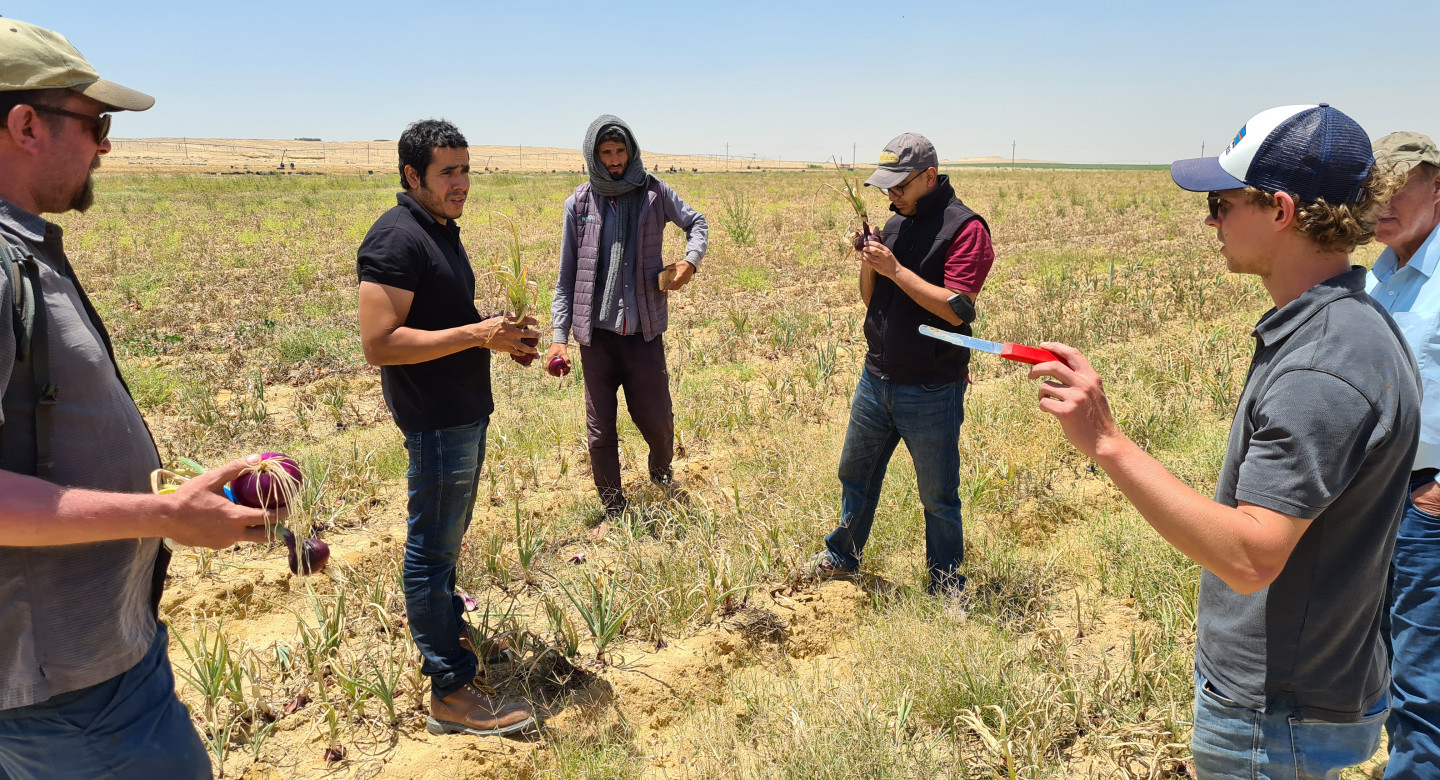
Every day, 2,000 hectares of fertile land is lost around the world because of salinisation. Climate change and rising sea levels combined with the production of more food with less water (and often more fertiliser) turns once productive fields into salty, inarable terrain. This is especially problematic in countries that already struggle to feed their population. Finding techniques and technology to prevent or counter this phenomenon increases the sector’s ability to adapt to changes, such as global warming.
Salinisation of agricultural land affects around one billion hectares worldwide. As at the same time, the pressure on freshwater resources increases, finding alternatives for traditional farming is a matter of some urgency. So far, attempts to deal with salinisation, such as desalinising land and water, have either not rendered significant results or turned out to be simply too expensive. Saline farming could provide a solution. By combining the knowledge of crop, soil and water management to produce food in saline environments, saline farming increases food security and ensures a year-round income for local farmers.
Saline farming increases food security and ensures a year-round income for local farmers
Salinisation is a problem for farmers all over the world. Where yields decrease and land becomes inarable, farmers struggle to make a living. This is no different in the Netherlands, where recent summers were particularly dry. That is why Dutch researchers set out to find salt-tolerant crops: crops that would thrive on salinised land, using either fresh or brackish water for irrigation. And with success. They discovered how certain varieties of potatoes, carrots, red onions, white cabbage and broccoli do remarkably well when irrigated with salt water at the root.
Finding out what crops would do well on salinised land is step one. Under the right circumstances and with the entire value chain on board, saline farming can be successfully implemented and then scaled.
To put Dutch saline farming knowledge in practice, Dutch social enterprise The Salt Doctors works with NGOs, research institutes, governments, the private sector, and – most importantly – local farmers to improve crop yields in saline environments. Through research, training and consultancy they help farmers all over the world to produce under saline conditions. They set up local R&D stations, demonstrate their methods, train farmers and make sure they have access to seed.
The Salt Doctors work on projects with different partners all around the world, but mostly in the MENA region and Asia. They offer close assistance during the crop season, providing farmers with the necessary means and training to make saline farming possible and profitable. Their accomplishments are many. In Pakistan, for example, they succeeded in delivering a potato yield that was 42% higher compared to the potato variety that is commonly used. In neighbouring Bangladesh, 5,000 farmers that were trained in saline farming saw their income increase by 34% within two years. Also under their guidance, Kenyan carrot farmers managed to double their yield. Further trainings and field trails are taking place in Egypt, Tunisia, Jordan and Cuba.
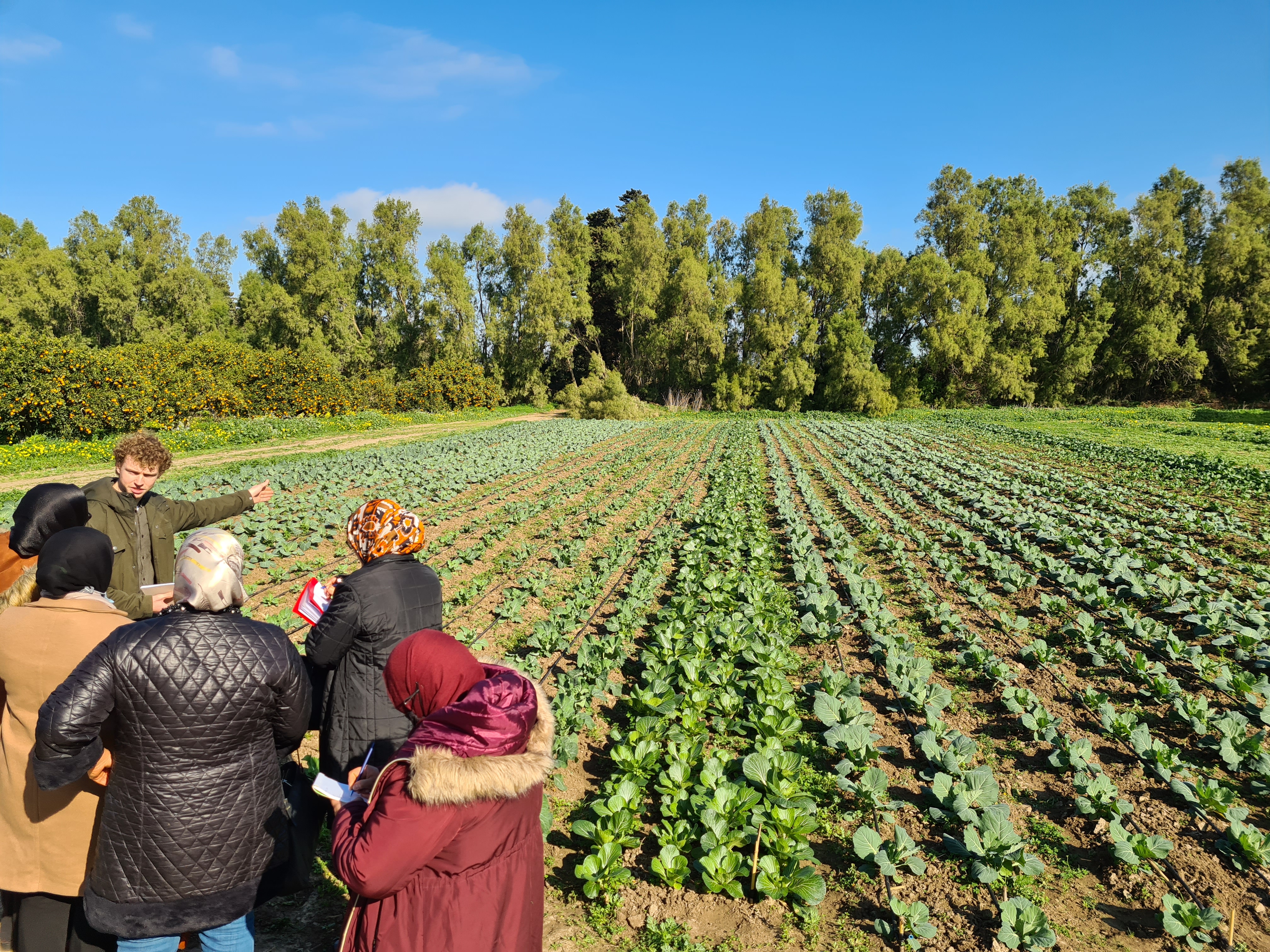
In Egypt, The Salt Doctors teamed up with Egyptian social business SEKEM and local farmers for a potato field trial. To reduce salinity stress, they tested the effects of increasing soil organic matter (SOM) in salty soil. The perceived result? Increased soil fertility, improved rooting capacity and better soil structure and water retention, amongst others. And as a nice extra: this method also makes a positive contribution to fighting climate change by storing C02 in the ground.
The trial compared two varieties of potatoes currently in use in Egypt with six new, salt-resistant varieties. Using two types of compost treatments, the researchers found that more compost increased yields significantly. Combining new potato varieties with new compost techniques, The Salt Doctors were able to achieve better than average yields in less than ideal circumstances. Based on this trial, local farmers leave with clear recommendations regarding the most cost-effective new potato varieties.
What drives The Salt Doctors founder Dr Arjen de Vos is the ambition to make saline farming part of mainstream agriculture. By putting saline farming on the agenda of organisations such as the FAO and EU, he aims to contribute to global food security.
“Salinisation is affecting millions and millions of farmers, and it’s usually small-holder farmers,” says Dr de Vos. “Up until now, the strategy has been more or less that if you have too many problems with salinity you move away. With adaptation, there’s more and more attention on making use of the saline resources of the world and that potential is enormous. If you can start doing that on a very large scale you can feed the growing world population, and you can improve the livelihoods of millions of farmers who are really on the bottom of the pyramid.”
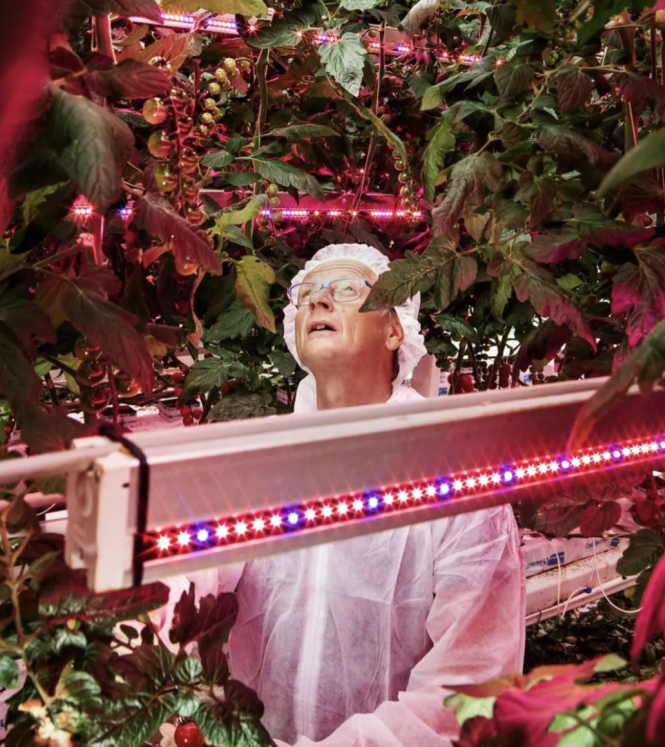
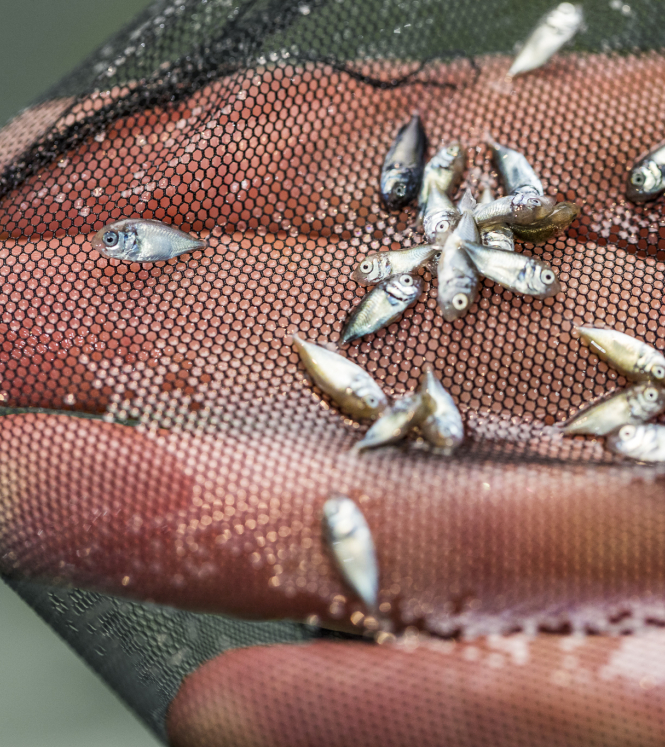
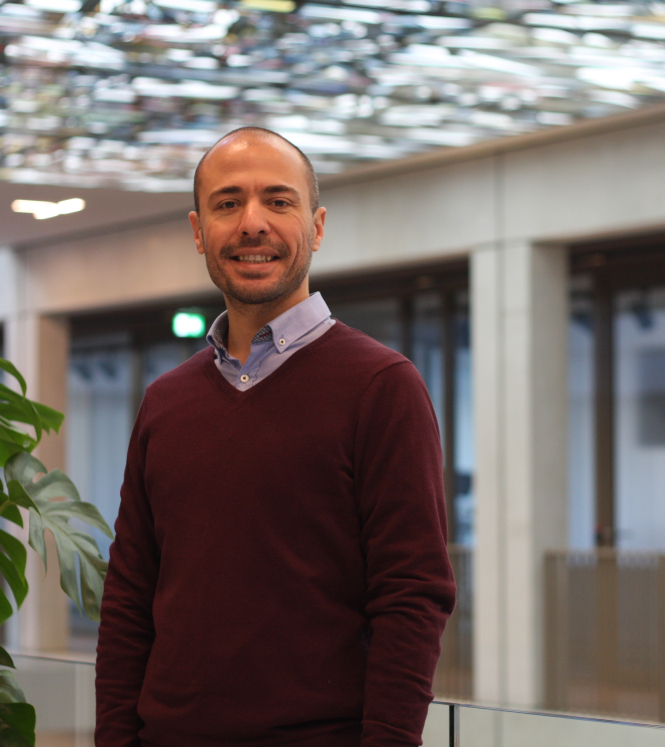
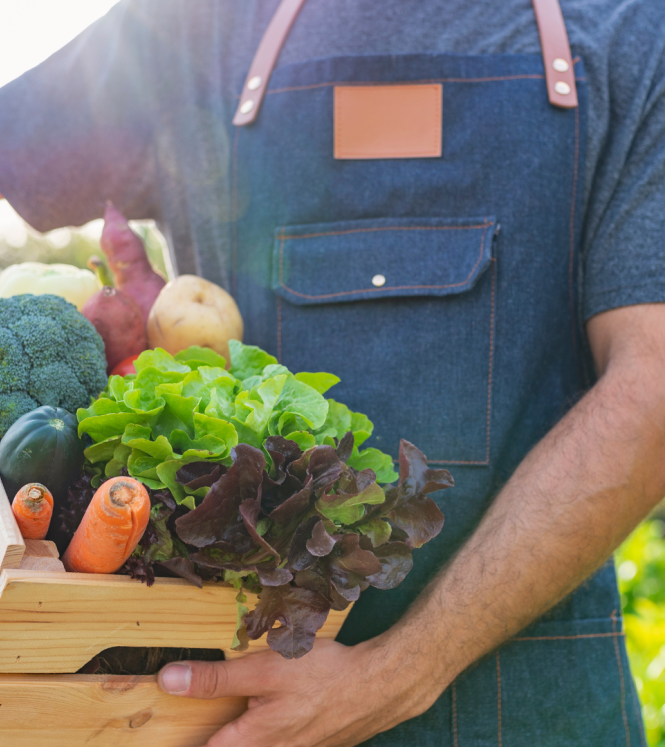
Want to know more about how you can work together with the Netherlands to achieve your goals? Or how you can help contribute to or spread the word on campaigns, events and initiatives? Contact us directly at info@nlbranding.nl so we can help you connect to the right people.